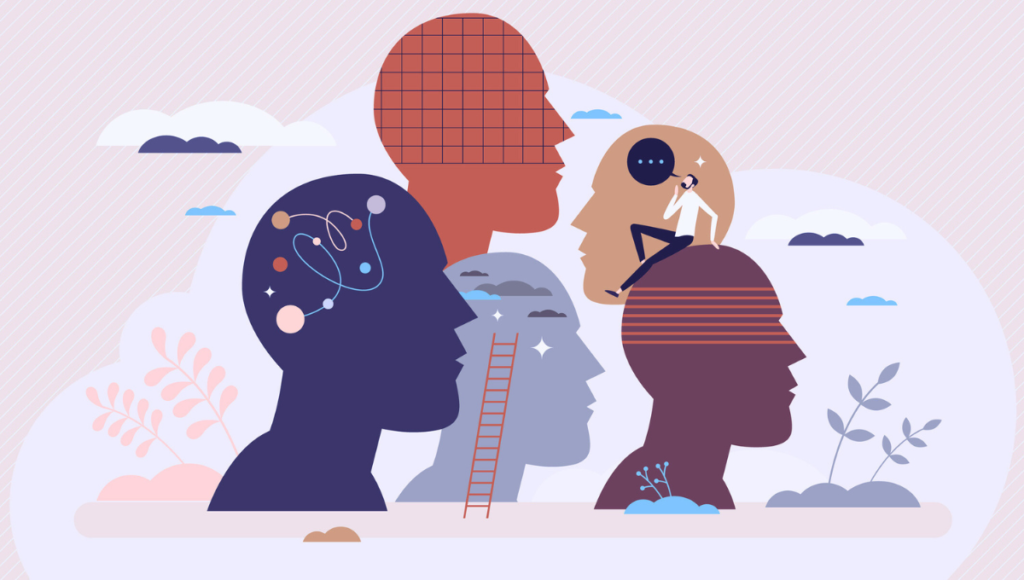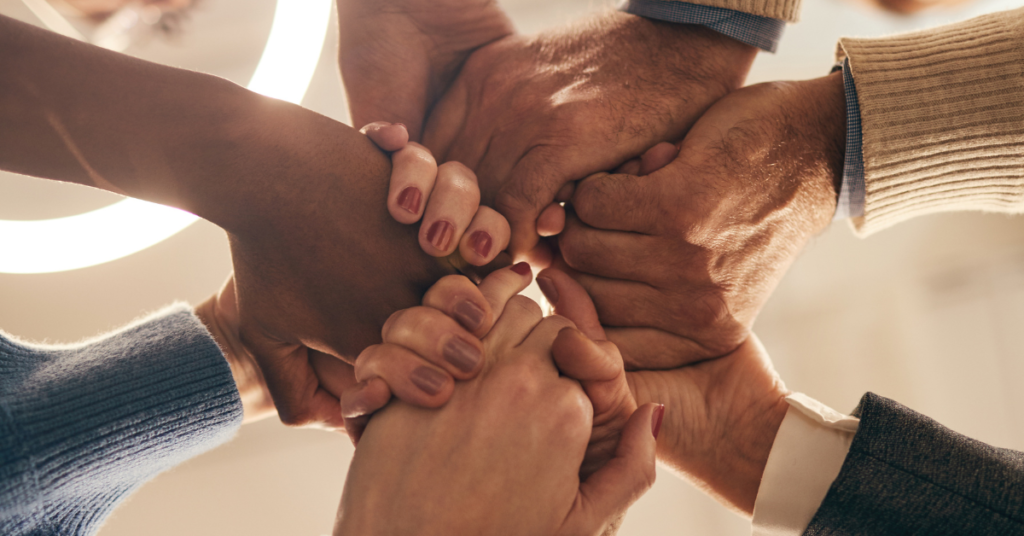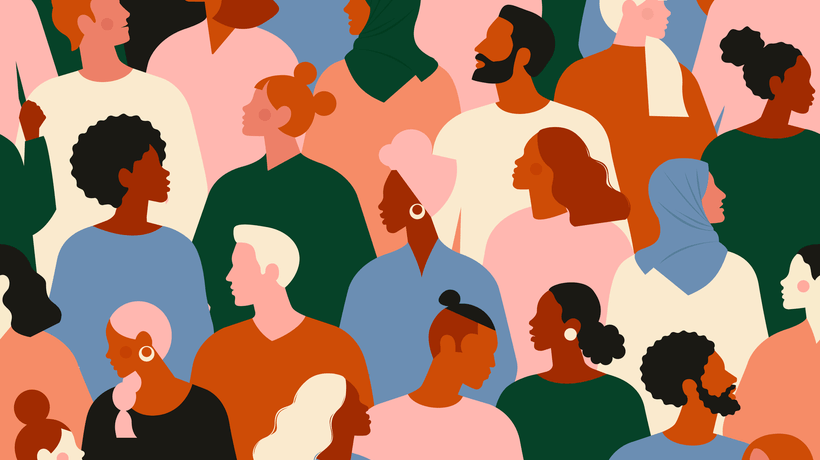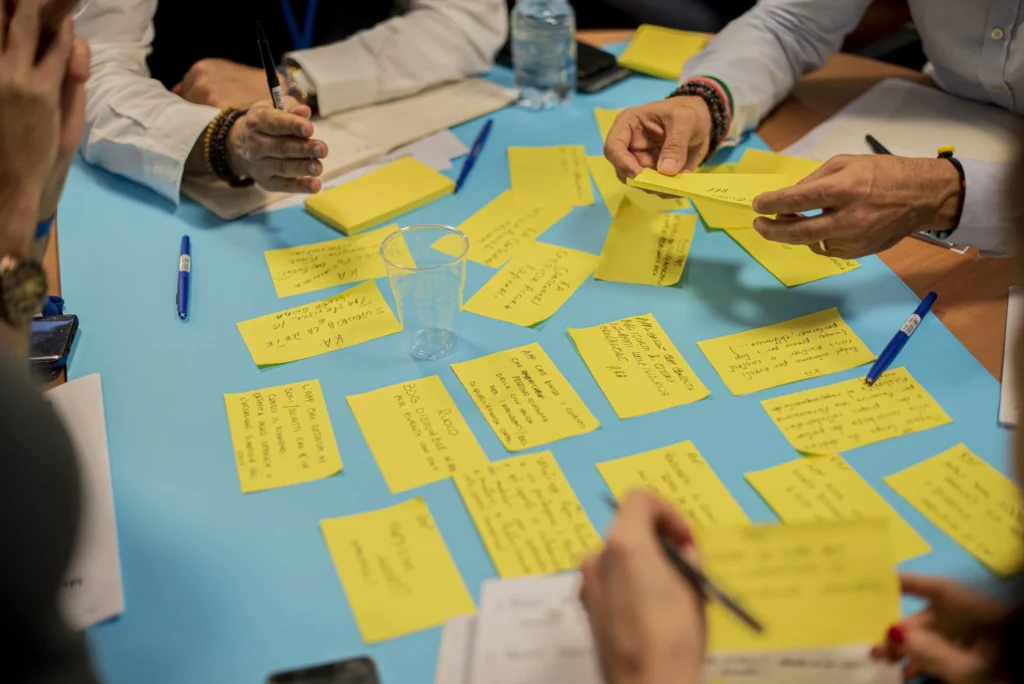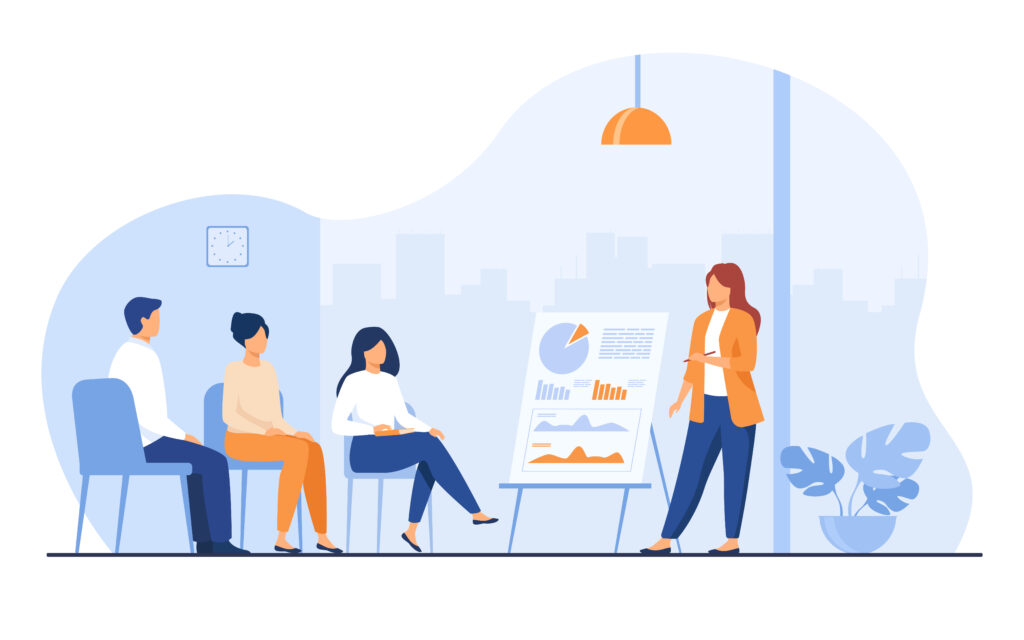Are men showing up to equity, diversity, and inclusion (EDI) conversations the way we hope? That was a question raised by Jake Stika, Executive Director of Next Gen Men, in a recent webinar with Inclusivity.
Next Gen Men is a Canadian nonprofit dedicated to changing how the world sees, acts, and thinks about masculinity. Stika’s work explores how masculinist scripts and received wisdom about what it means to be a man create barriers to equity and inclusion, including in the workplace. On June 28, 2024, Inclusivity hosted a conversation with Stika about how we can reexamine social norms to bring more people into dialogue about EDI.
“When we have EDI discussions, are men actively engaged and listening and sharing their experience and caring for others’ lived experiences?” Stika asked the hundreds of participants in the webinar. Chances are, Stika suggested, many men remain apathetic or even resistant. To understand why, we need to challenge the limited social roles prescribed for men and imagine new ways of building dialogue for more equitable futures.
Conventional Roles
Jake opened the webinar by describing the three ways, during his upbringing, he learned to be a man. First, he was taught by his grandmother to be a gentleman (someone who gives up his seat on the bus); second, he was taught by his grandfather to be a patriarch (someone who is always in control and commanding his environment); and third, he was taught by his father to be a stoic (someone who is tough and never shows emotion or asks for help).
These roles are limiting, Stika argues, and create barriers to authentic social connection. They instill social isolation, loneliness, a fear of vulnerability, a culture of competition, domination, and aggression. Men are harmed by the narrow roles that conventional scripts of masculinity prescribe for them.
Masculinity and the Motivation for Change
Men still hold the majority of positions of social authority and power. A recent UN study on gender parity in political leadership found that “women are still largely excluded from positions of power and diplomacy, with the highest levels of influence and decision-making still predominantly occupied by men.” Out of all Fortune 500 companies, just 10.4 percent have women as CEOs.
There’s no doubt that these systems need to change. But men need to be part of this change, Stika emphasizes. How can they be brought into the conversation? He draws on theories of “loss aversion” from behavioural economics, which describe how people are far more sensitive to the idea of loss than of gain. In other words, people are more likely to take action to prevent a loss than to invest in a gain.
When EDI discussions and movements for social change emphasize women’s disadvantage, Stika says, “men are going to act in a way that presents the loss.” Instead, “we need to have a conversation about how patriarchy harms men and boys.” The harms are evident in social crises facing men, such as high rates of violence, incarceration, overdose, and suicide.
The first act of violence that patriarchy demands of males is not violence toward women. Instead patriarchy demands of all males that they engage in acts of psychic self-mutilation, that they kill off the emotional parts of themselves. If an individual is not successful in emotionally crippling himself, he can count on patriarchal men to enact rituals of power that will assault his self-esteem.
– bell hooks, The Will To Change: Men, Masculinity, and Love, 2004
Challenging patriarchy and current social norms of masculinity, then, can be of benefit to men, too. There can be a “gain” for men in these EDI conversations. The idea is to challenge gender structures and open up broader spaces of humanity within which everyone can be more fully themselves.
Moving Beyond Allyship
Does the idea of allyship open up this broader space? Stika does not think so.
“Allyship is someone who actively supports and defends the rights and dignity of individuals from social groups other than their own, especially when these individuals are not present or otherwise able to represent themselves.” – Jake Stika
Stika says that being an ally means you recognize that you have more power and privilege than others, and you get to use it to support those people. At the same time, if your efforts do not work toward dismantling the systems, structure, and culture that granted you that power and privilege, then you are perpetuating benevolent sexism – the idea that your role as a man is to be a protector and a provider.
Allyship means that men hold themselves separate from the conversations around gender. “But no – we’re in it,” says Stika. “We’re not allies.”
It’s time to move beyond allyship. The EDI conversation needs to shift in this way to engage men as full and affected participants. Overall, people need the opportunity to see that there are many different ways of showing in the world. Stika says:
“We’ve begun to raise our daughters more like our sons, but until we raise our sons to be more like our daughters, we’re not going to achieve gender equity… That’s really where the secret lies. Girls can do anything. Boys can do anything. We don’t need these buckets of masculinity and femininity. These are human experiences that we can all exist within.”
Watch a recoding of the webinar
This article is based on the “Beyond Male Allies” webinar hosted by Inclusivity in June 2024 in partnership with Jake Stika, Executive Director, Next Gen Men. For more information, please contact [email protected]









